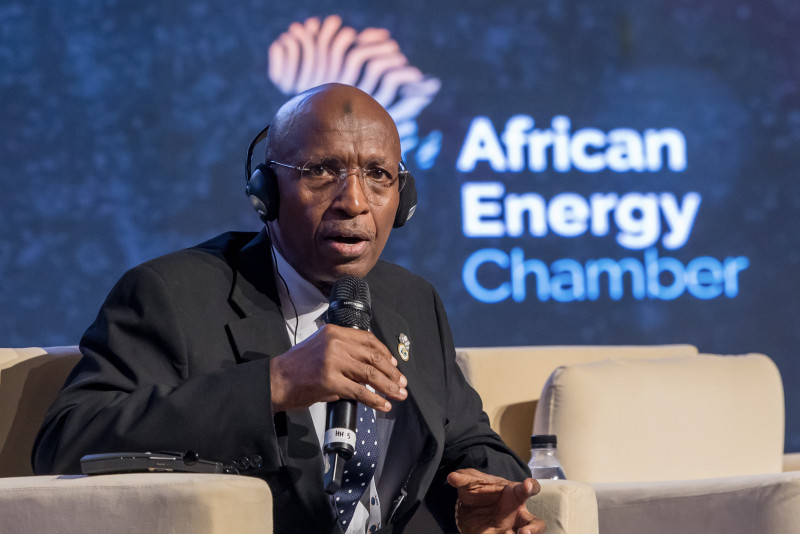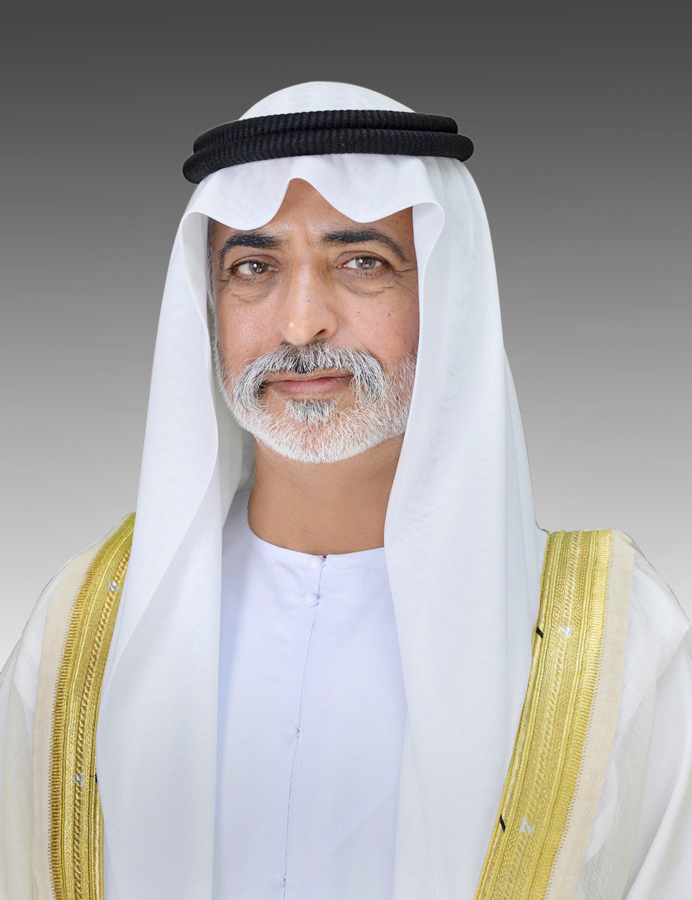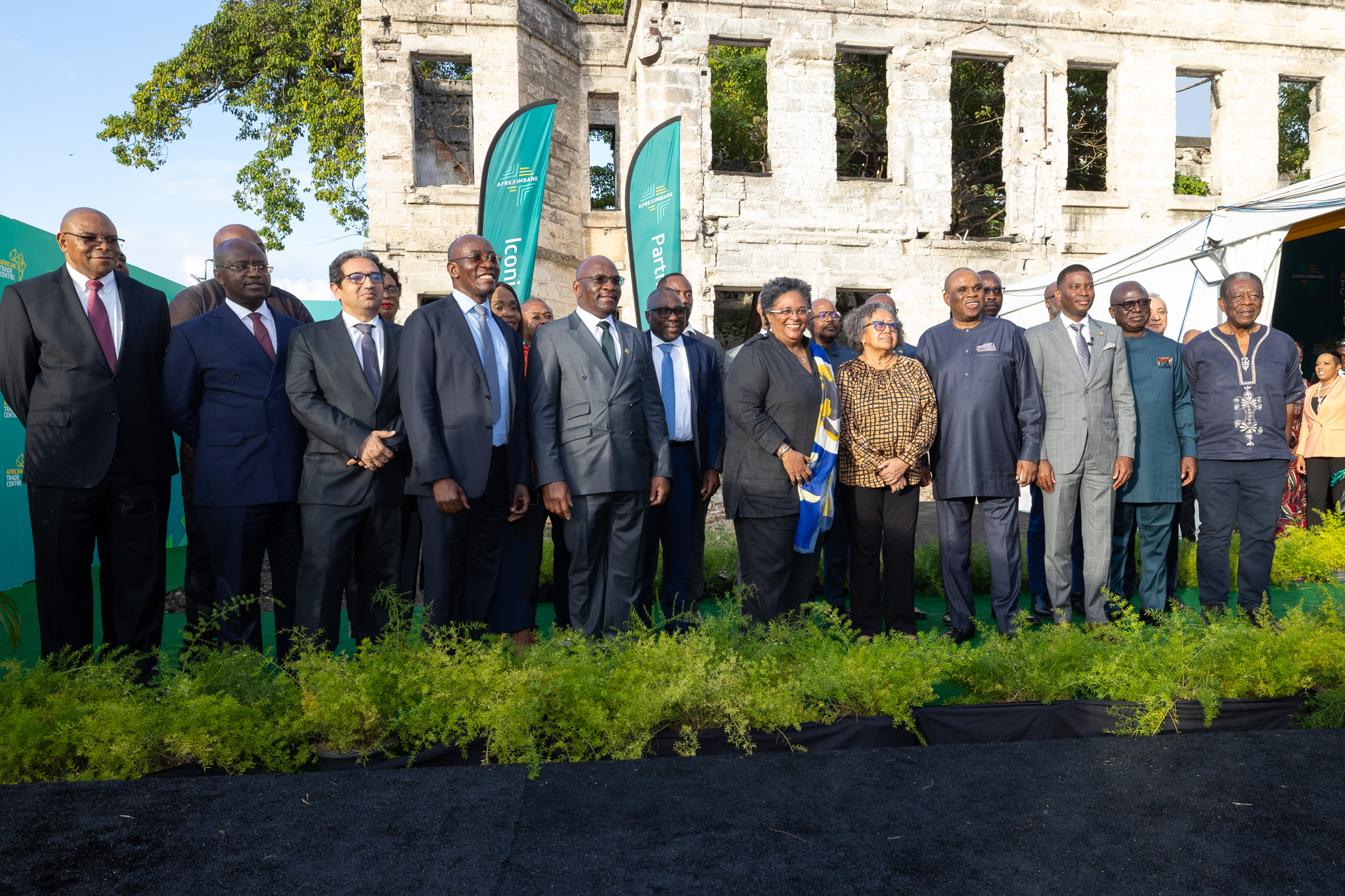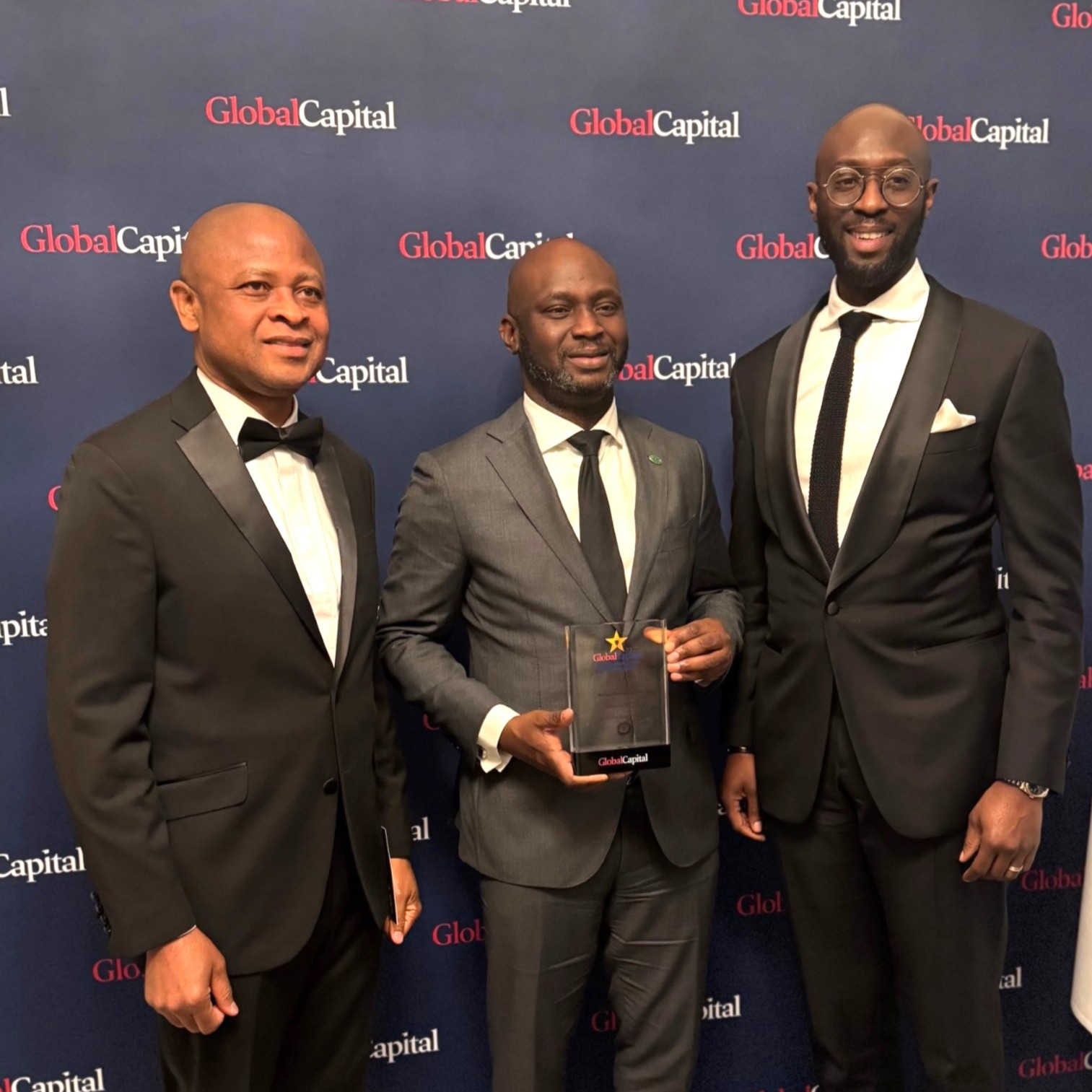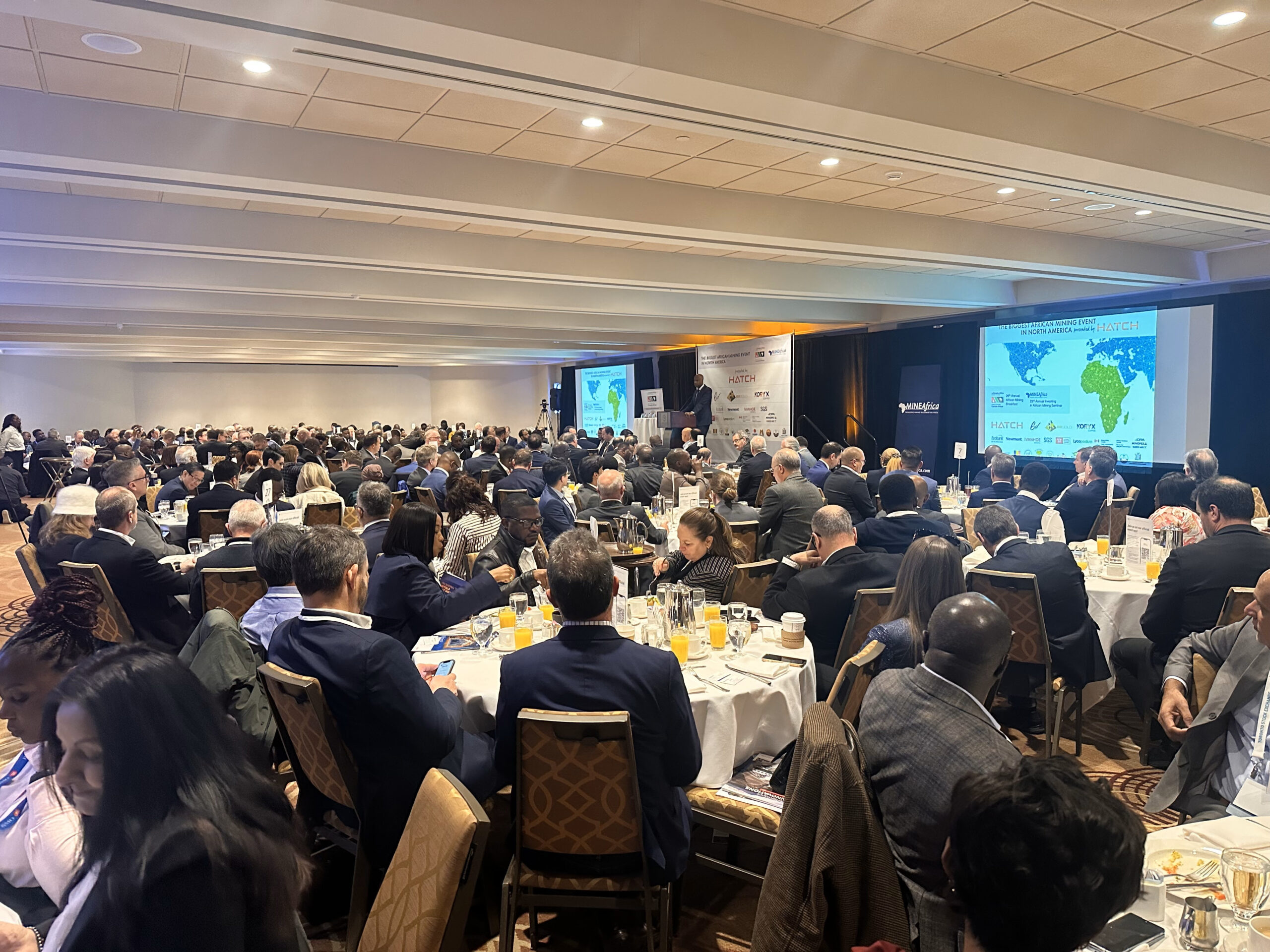“It comes to the parallel functioning of the traditional and Islamic banking sectors, as has already been implemented in Malaysia, Kazakhstan, and Azerbaijan,” Deputy Economic Development Minister Dmitry Volvach said
MINERALNYE VODY /Stavropol Region/, May 27. /TASS/. Further development of the experiment on the introduction of partnership financing, aka Islamic banking, is possible through the creation of a dual banking system in Russia, Deputy Economic Development Minister Dmitry Volvach said at the Caucasus Investment Forum (CIF).
“One of the possible ways for further development [of partnership financing] is seen in the formation of a dual banking system, when it comes to the parallel functioning of the traditional and Islamic banking sectors, as has already been implemented in Malaysia, Kazakhstan, and Azerbaijan. Of course, this will require a serious update of the regulatory framework, a large layer of professional personnel, <…> appropriate modern digital platforms and mechanisms, integration with existing institutions,” Volvach said at the session “Partnership Financing and International Cooperation.”
According to him, such an approach will increase the stability of the entire financial system, and also “open access to new sources of investment liquidity.”
“Russia will be able to actively interact with OIC member states to create investment platforms, support infrastructure, environmental and social projects,” he added.
According to the Deputy Minister, the principles of Islamic banking are in harmony with the ESG concept (environmental – ecology, social – social sphere, governance – corporate management).
“The values of Sharia particularly emphasize fairness, ethics and sustainability, which makes Islamic financing a natural partner in the ESG transformation of the economy and in the corresponding international agenda. This creates the potential for issuing green bonds, social funds, attracting investors focused on sustainable development,” Volvach stressed.
According to him, today partner financing represents a “strategic development reserve” that can ensure the influx of additional investment into the country’s economy in the face of external challenges and pressure.
“Fulfilling the potential will require further consolidation of the efforts of the state and business, harmonization of legislation, digitalization of processes, integration of the global financial structure, but such an approach will certainly create a reliable foundation for further sustainable investment growth,” Volvach noted.
The experiment on the development of partnership financing is taking place from September 1, 2023 to September 1, 2025 in Russia’s republics of Bashkiria, Tatarstan, Chechnya and Dagestan. Earlier, a bill was introduced to the State Duma, the lower house of the Russian parliament, to extend the experiment until September 1, 2028.
Islamic banking means conducting banking activities in accordance with Islamic norms. Payment of interest and derivative interest transactions, transactions with conditions of uncertainty, as well as financing of certain sectors of the economy such as gambling, pork production, alcoholic beverages, tobacco, weapons, ammunition are banned.
You cannot finance trade in all abovementioned areas. Common Islamic banking operations are installments, leasing, and equity financing.
The Caucasus Investment Forum is underway in Stavropol from May 25 to 27 on the territory of the exhibition center Minvodyexpo. TASS is the information partner of the event.
SOURCE
RUSSIAN NEWS AGENCY
